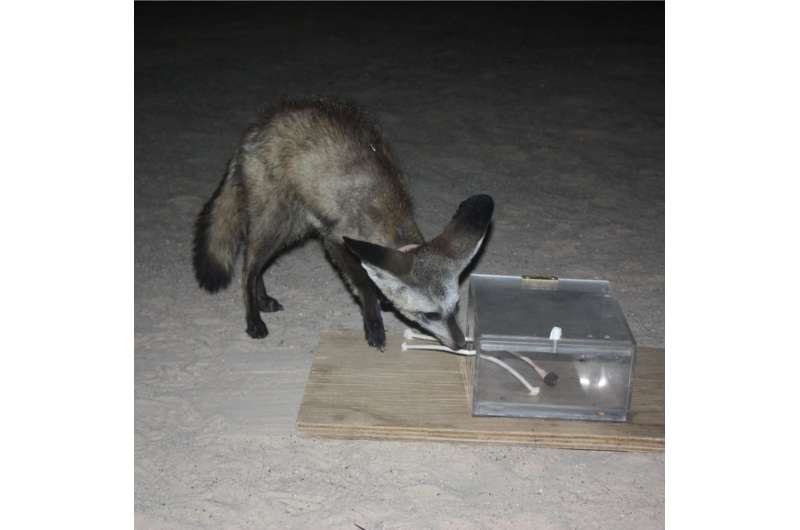How do local behavioural ecology studies compare globally?

South African researchers contribute more than 3% of the global literature on mammalian behavioural ecology, with a strong focus on the broader themes of mating, social and foraging behaviour.
The large number of protected areas and mammalian guilds in South Africa provide unique opportunities for the study of behavioural ecology – a sub-discipline of zoology that has evolved and grown significantly since the start of the 20th century.
Researchers link behaviour to genetics, evolutionary trends, and fast adaptation to a rapidly changing world. Le Roux reviewed over 1000 papers published from 2000 to 2015 and determined the South African contributions to this multidisciplinary field.
Although South African researchers contribute more than 3% of the global literature, some important themes within behavioural ecology – such as animal cognition and personalities – that are gaining rapid international traction are not studied locally.
Provided by South African Journal of Science

















